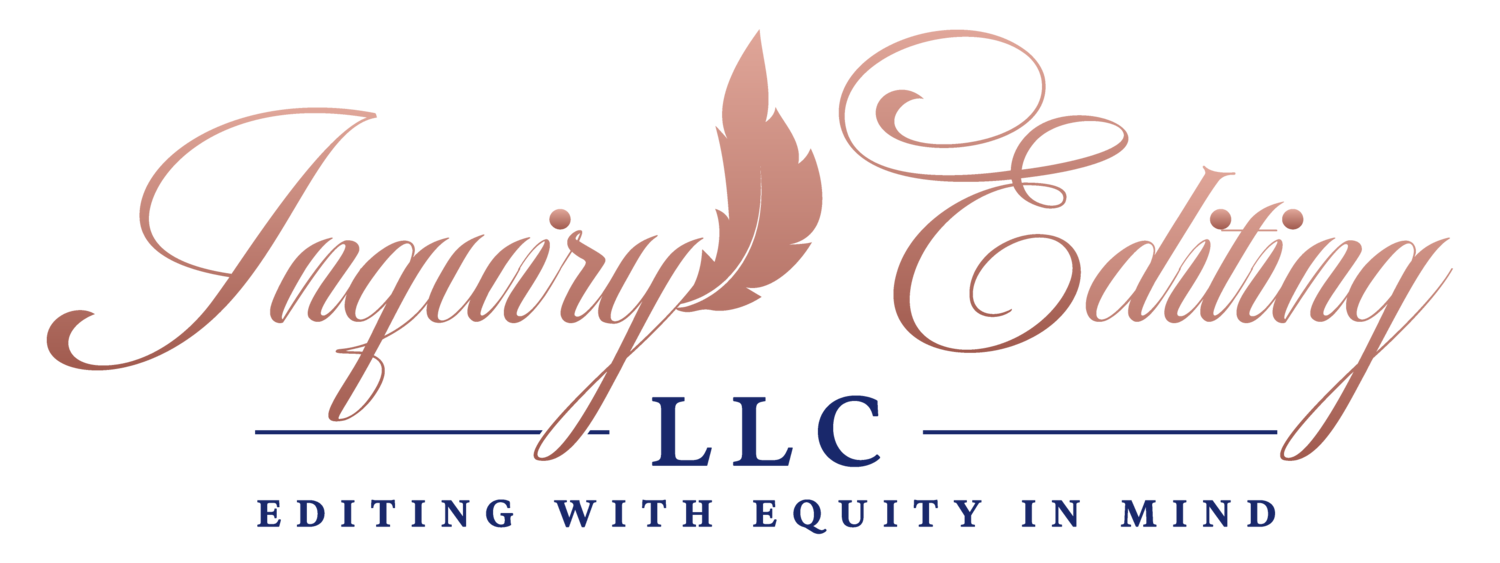What Counts As Writing
Folks are often concerned that writing projects take a long time. They justify this with myths like “I am a slow writer.” Or, they become annoyed and give up. I want to delve into a practical reason why writing often takes a long time: so much happens before, during, and after you put pen to paper or fingers to keyboard.
Writing requires reading. Whatever your discipline, you need to know the relevant literature. For some, your reading is your data collection. For others, the data collection comes in different forms. Regardless, you can’t begin to create new work until you look at the old and create the new information. This, too, is writing.
Writing requires editing. I have been known to say writing is editing. It is. Here’s the thing: your first draft is meant to be awful. It allows you to get the ideas down. In the purging of the mind lies the opportunity for clarity. Once you have thoughts on a page or screen, you have the opportunity to clarify them so that someone understands them when you are not around. This, too, is writing.
Writing also requires administrative detail. For any work making its way into the world, you’ll need to fill out paperwork, deal with submission requirements, sign contracts, fill out questionnaires, et cetera. This does not feel like writing. In fact, it feels quite onerous. But, it is a task required to move ideas into the world.
But, wait, you exclaim. If all of these things are writing, then what about putting words on the page? That, too, is writing. It isn’t cheating to consider all the elements of creating new work or new knowledge. Expanding your definition of what writing entails allows you to understand just how much you’re working, just how hard you’re working. If your definition of writing is narrow, then you’re never writing. And, let’s face it, that feels pretty devastating. If your definition of writing is wider, you understand how each action contributes to the production of knowledge in all its forms.
You’re writing. Give yourself some grace.
